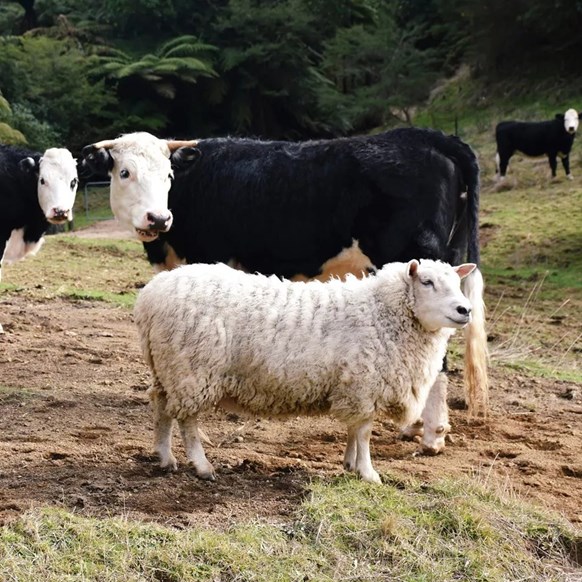Louping ill: Vaccine support sought

Farmers in infected areas have been significantly affected by the lack of a commercial vaccine for louping ill.
Louping ill virus is a flavivirus, transmitted by Ixodes ricinus ticks, and is commonly found in the Highlands, Perthshire and Argyll & Bute in Scotland. SRUC makes ten to 25 diagnoses of louping ill in flocks of sheep every year, and around five diagnoses in cattle annually. Cases have also been reported in other species such as goats, camelids, deer, pigs, horses and dogs. Diagnoses are generally made between March and October, with two peaks in diagnoses in May and September associated with peaks in tick activity.
Morbidity and mortality rates depend on previous exposure, age and breed, but in outbreaks can range between five and 60%. Disease occurs eight to 13 days after infection, characterised by a biphasic pyrexia and neurological signs including muscle tremors, incoordination, circling and ataxia progressing to recumbency and death. Concurrent infection with Anaplasma phagocytophilum (tick borne fever) can lead to greater pathogenicity.
In recent years, farmers in infected areas have been significantly affected by the lack of a commercial vaccine. Moredun have been working on developing a new vaccine and are appealing for support from veterinary practices to help them achieve a Limited Market Authorisation.
Key points to consider including in letters of support are:
- Support of Moredun’s work in the development of a new generation vaccine that has none of the issues of the previous vaccine
- Critical that the commercialisation and licensing of this vaccine, including Limited Marketing Authorisation, happens as soon as possible
- Product must be available at an affordable cost for upland sheep farmers
If you would like to offer support, please contact Beth Wells.
Posted by SRUC Veterinary Services on 08/11/2023
